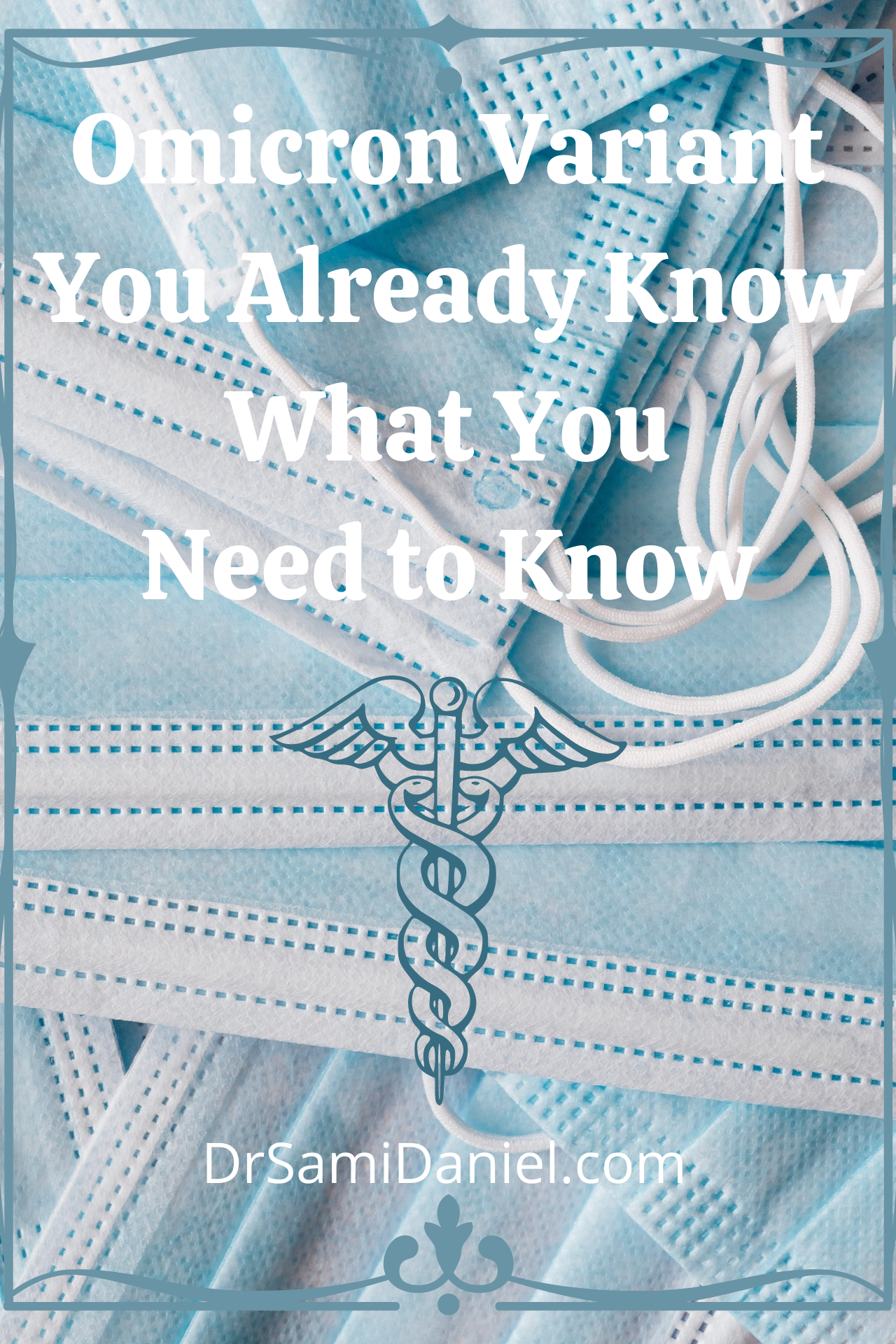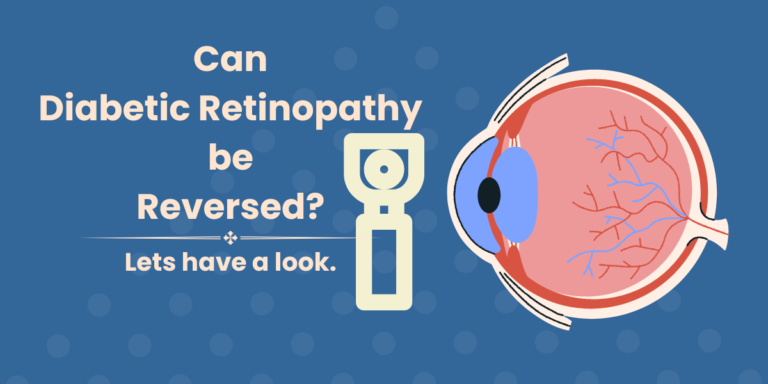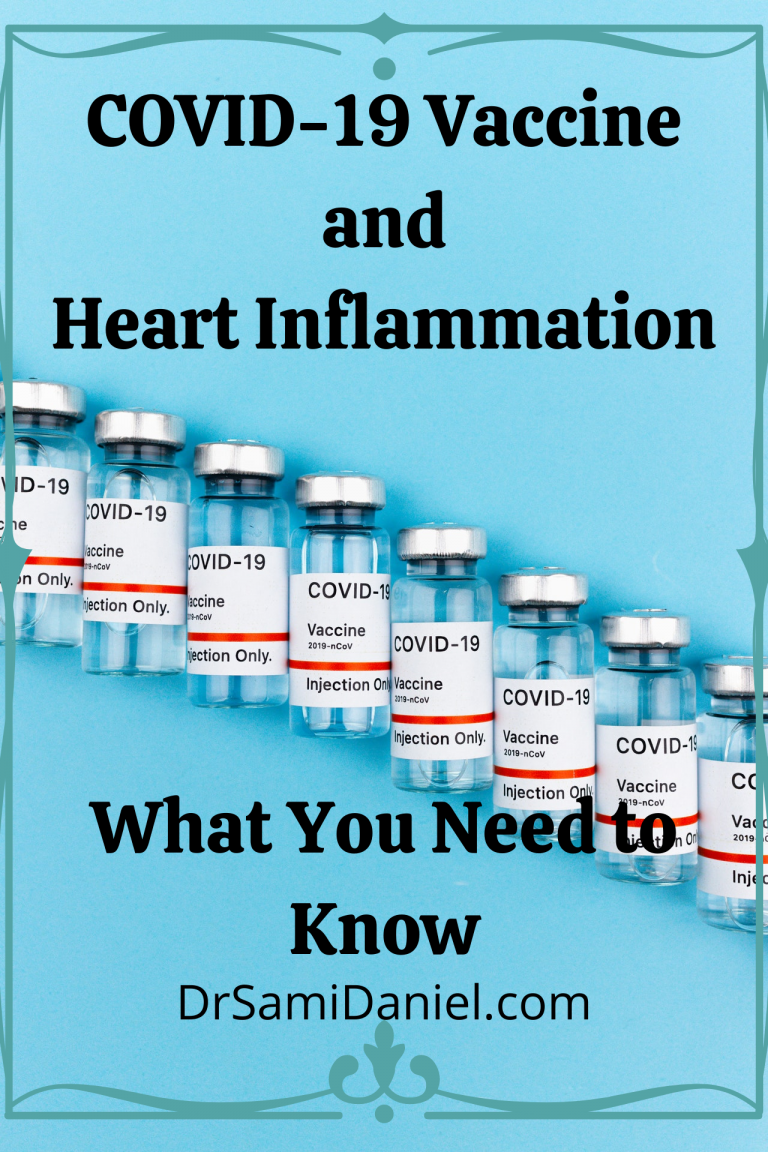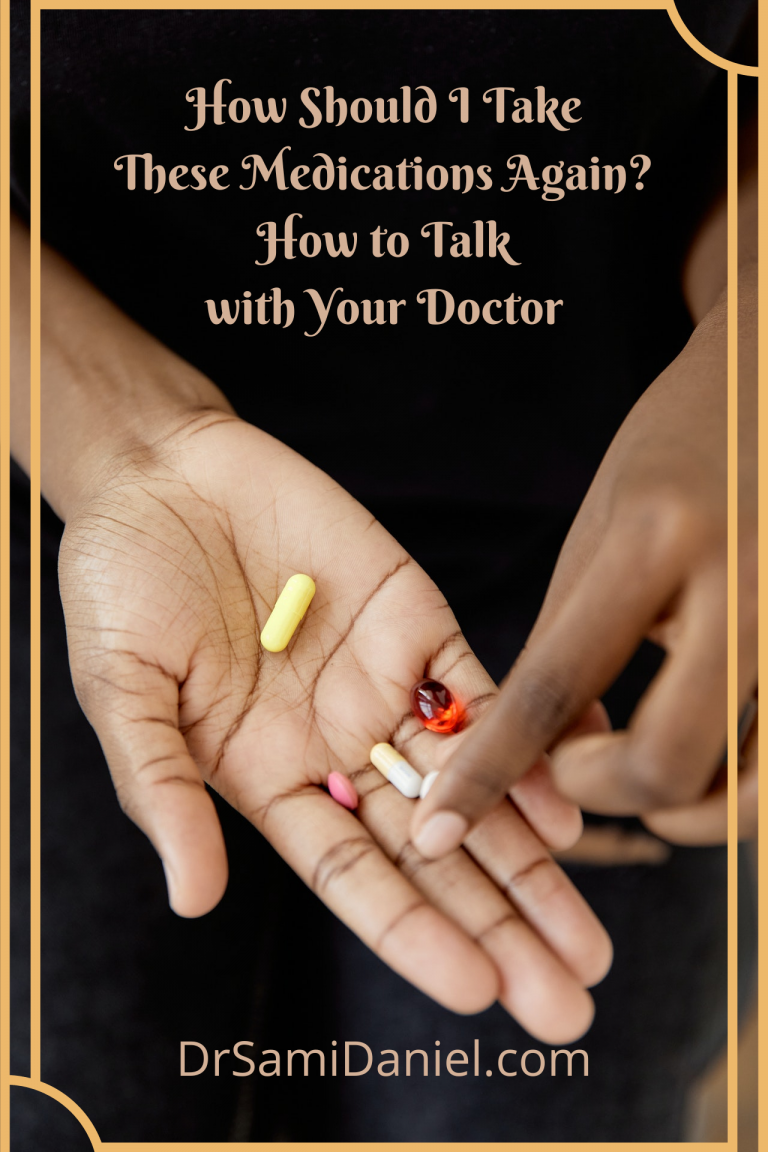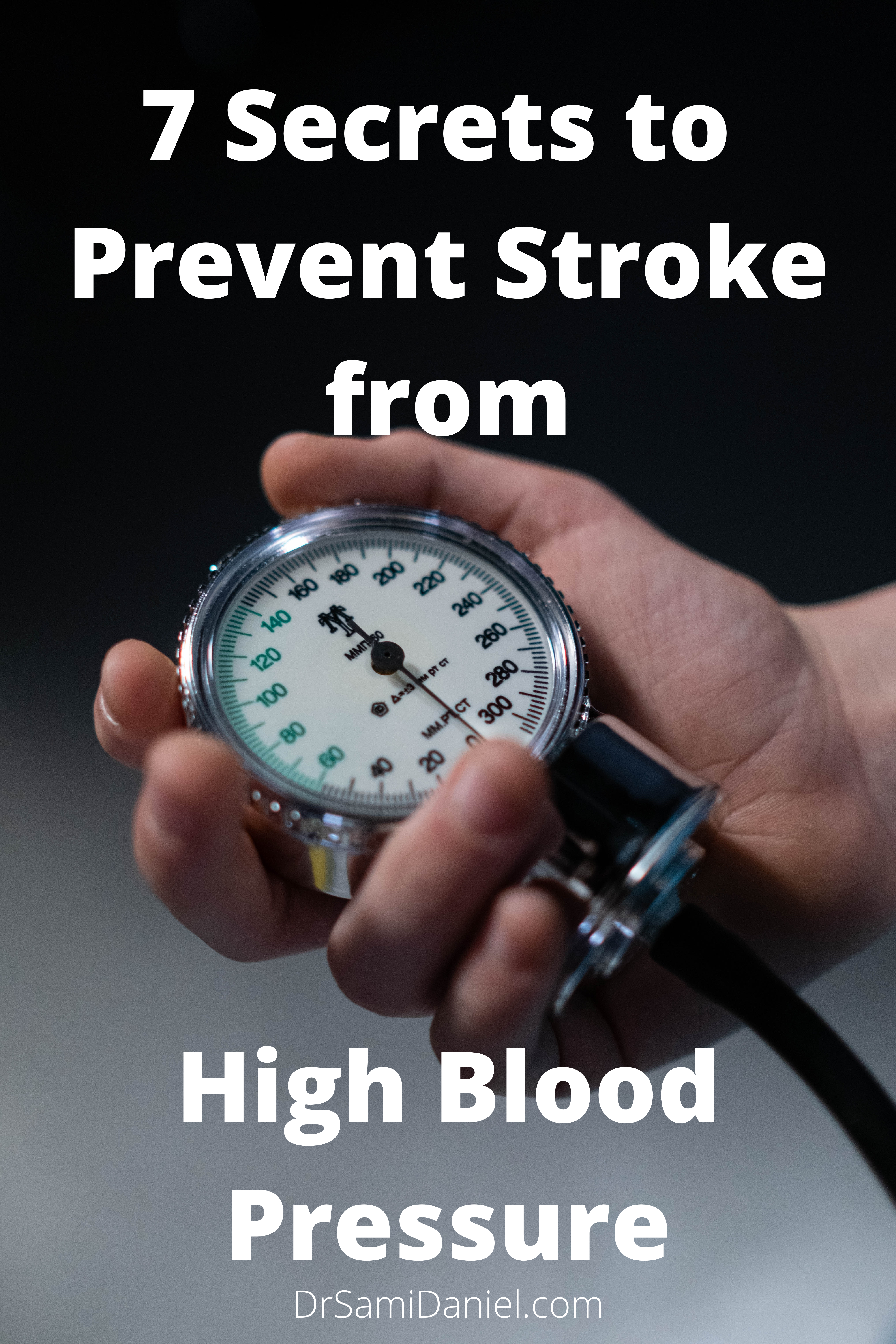The New Omicron Variant: What You Need to Know
The truth is that you know everything you need to know for any new variant such as Omicron.
This might be our first rodeo with a pandemic, but it has gone on for a long time with intermissions. So we know exactly what to do with each new wave.
That is to say, the usual COVID-19 precautions as suggested by the CDC still apply.
Wear masks, maintain social distance, wash hands frequently, quarantine and get tested if you exhibit any signs or symptoms, and strongly consider vaccination if you have not already done so.
Since the first wave of COVID-19, there have been thousands of variants that have surfaced. Only a handful seem to make the news. So what makes these particular variants like Delta or Omicron so special?
Variant of Interest versus Variant of Concern
The World Health Organization (a.k.a. WHO) is a world-wide organization with global public health at the center of their attention.
They are keeping a close eye on the evolution of the COVID-19 virus. Therefore they have phrases like “Variant of Interest” and “Variant of Concern”. What do they mean?
If you live in the Midwestern United States, you may have heard of a tornado watch versus a tornado warning. A watch means that conditions are ripe for a tornado to form and therefore people should have increased alertness. A warning indicates that a tornado is actually on the ground and there is an imminent danger.
Similarly, a variant of interest is something that the WHO are watching very closely. The variant has gained genetic changes that are known to allow the virus easier transmission, increased severity of disease, and greater ability to evade diagnostic tests and/or current treatments. However at this stage, it is ONLY determined to have the POTENTIAL due to its genetic changes. Therefore, conditions are ripe to progress to a variant of concern.
A variant of concern actually demonstrated that the acquired genetic changes has actually increased transmission, caused increased severity of disease, and/or evades diagnostic and/or current treatments. The viral genetic changes progressed from a POTENTIAL to a REALITY. Therefore it poses an imminent danger to the public health.
At this point, the World Health Organization informs the public of the new variant and research the variant further.
Omicron Variant
As a public of people, we must always follow the guidelines set forth by the World Health Organization as well as the Centers for Disease Control and Prevention.
They remain the best resource which provides the most up to date information on the latest knowledge of the COVID-19 virus and all its permutations.
When a new variant emerges, the Centers for Disease Control and Prevention ask some key questions about the virus to define its major characteristics which affect the population.
Transmission
Whenever a new variant emerges, knowing how easily it can spread is in everyone’s best interest. Knowing how easily it spreads gives us an idea of how quickly we need to act and allocate resources.
The Omicron variant became a variant of concern because it seemed to demonstrate increased transmission when it was first discovered in South Africa. The virus had acquired a genetic mutation that could create greater spread. However not enough information is known by the CDC at the time of this writing to determine just how effectively this variant can travel.
However the CDC continues to promote standard COVID-19 precautions such as wearing a mask, social distancing, and practicing good hygiene. These basic practices can make the spread of infection much more difficult.
Severity of Disease
Of course, we want to know how bad it can get. There’s a big difference between just getting the sniffles versus ending up on a ventilator. And after all, this has been the concern from COVID-19 since Day 1.
The CDC has not yet been able to determine if the Omicron variant causes an increased severity in disease for the time being. However they do believe that current vaccines continue to provide some protection from the current variant and decreases the possibility of severe disease.
Immunity
There is always a question about whether or not the currently available vaccines help people develop an effective immune response to COVID-19. With every new variant, there is a mutation that is different from the original virus for which the vaccine was developed.
These small changes can add up and create a situation where the available vaccines are no longer effective and a new one is required.
There is a term known as “immune escape”. This essentially describes a situation where the immune system is not able to recognize a virus or other infectious agent. Therefore the virus has “escaped” the immune system’s grasp in some way, usually because the virus has evolved in a way that is unrecognizable to the immune system.
It is thought that the Omicron variant has been able to evade the established defenses set up by the vaccine and immune system, forcing the immune system to re-calibrate and consider the variant as a brand new virus.
However the currently available vaccines are constantly being studied to ensure that they continue to be an effective means to fight COVID-19 regardless of variations. Therefore the CDC continues to promote the use of vaccines as the best defense against the coronavirus.
Furthermore, the vaccines continue to be an effective means to fight earlier generations of the virus which continue to float around in the world. Therefore getting vaccinated will continue to offer protection against those earlier variations of the virus as well and decrease the chance of a hospital visit.
Monoclonal Antibody Treatment
Monoclonal antibody treatments assist the immune system in fighting infection.
The immune system creates antibodies when encountering a new infection. This helps the system identify the pathogen quickly and eliminate it from the body before it can do further damage.
Treatment with monoclonal antibodies actually speed up the process of identifying the infection for the immune system so that it may eliminate the virus faster before the virus can cause much harm.
If the Omicron variant has developed any mutations, the antibodies might not be able to identify it as a pathogen. This means the immune system has to start from scratch and develop its own antibodies before it can begin to eliminate the infection from the body.
Diagnostic Tests
Different tests from different companies detect different parts of the virus. If those parts of the virus evolve in a different way, these tests may no longer detect the virus unless the test is readjusted.
Of course, we still want to be able to diagnose the virus. Our tests would be useless if we cannot use them to identify an infection.
And why would we want to identify an infection? So we can create an appropriate treatment plan which helps you get better and keeps loved ones safe from harm as much as possible.
Regardless of test outcomes, one should always maintain quarantine upon developing signs or symptoms. And immediately speak with your Doctor for further instruction on what to do next.
New variations actually make certain tests provide a falsely negative result. This means that a test provided a negative result when the person is actually positive. These tests are consistently updated and listed on the website for the U.S. Food and Drug Administration.
Conclusion
With every new variant comes new information about how the virus functions. However every strain thus far can be counter-acted with the basic precautions initially set forth by the CDC.
Wear your mask, stay 6 feet apart, wash your hands, get the vaccine, quarantine if ill.

